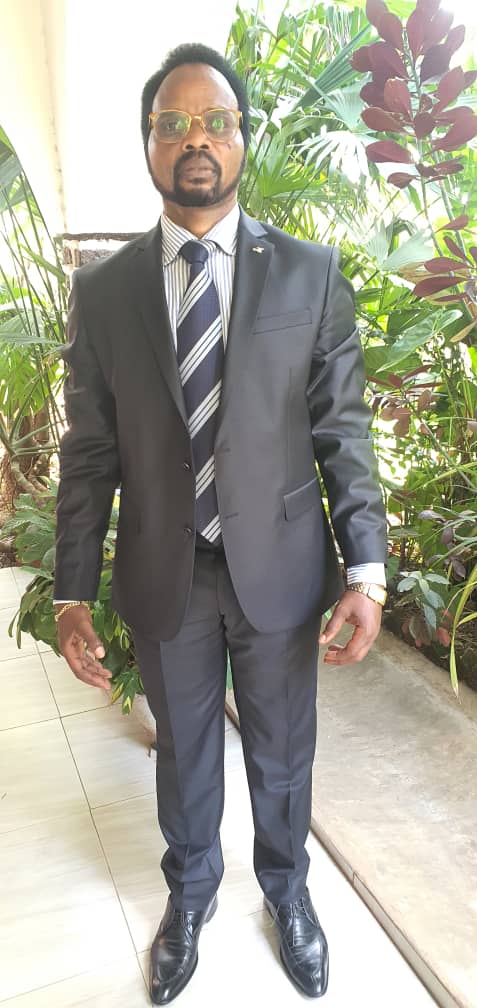On February 19, 2024, the European Union and Rwanda entered into a cooperation agreement focusing on mineral exploitation. This agreement has sparked a wave of scrutiny and criticism, particularly due to the Western states’ perceived silence on Rwanda’s activities in the Democratic Republic of Congo (DRC).
The timing of this agreement has been questioned by Bernard Ntaganda, the president of the Social Party Imberakuri in Rwanda, in an interview with Deutsche Welle (DW). Ntaganda highlighted the current diplomatic tensions between Kigali and Kinshasa, with the latter accusing Rwanda of supporting M23 rebels in the eastern region of its territory. This support is alleged to facilitate the looting of mineral resources in North Kivu province, raising concerns about the implications of the EU’s engagement with Rwanda under these circumstances.
Ntaganda criticized the European Union for its apparent hypocrisy, pointing out the contradiction between the EU’s documentation of serious human rights violations in Rwanda and its decision to sign agreements with the Rwandan government. He argued that this move demonstrates a stark inconsistency in the EU’s stance towards human rights and governance issues in Rwanda.
Furthermore, Ntaganda emphasized that Rwanda should not be considered a state of law due to its disregard for fundamental rights and democracy. He described Rwanda as a country where opposition figures and journalists are imprisoned, and some have even lost their lives for performing their professional duties. According to him, the situation in Rwanda can be described as an “open-air prison,” highlighting the severe restrictions on freedom and the press.
This agreement between the EU and Rwanda raises important questions about the balance between economic interests and the promotion of human rights and democratic values. It also puts a spotlight on the international community’s role in addressing conflicts and governance issues in Africa, particularly in regions rich in natural resources but plagued by political and social instability.
The EU-Rwanda mining agreement serves as a reminder of the complex interplay between international diplomacy, economic interests, and human rights considerations. As this situation unfolds, it will be crucial to monitor the impact of this agreement on the region’s stability, governance practices, and the overall promotion of human rights and democratic principles.





























































